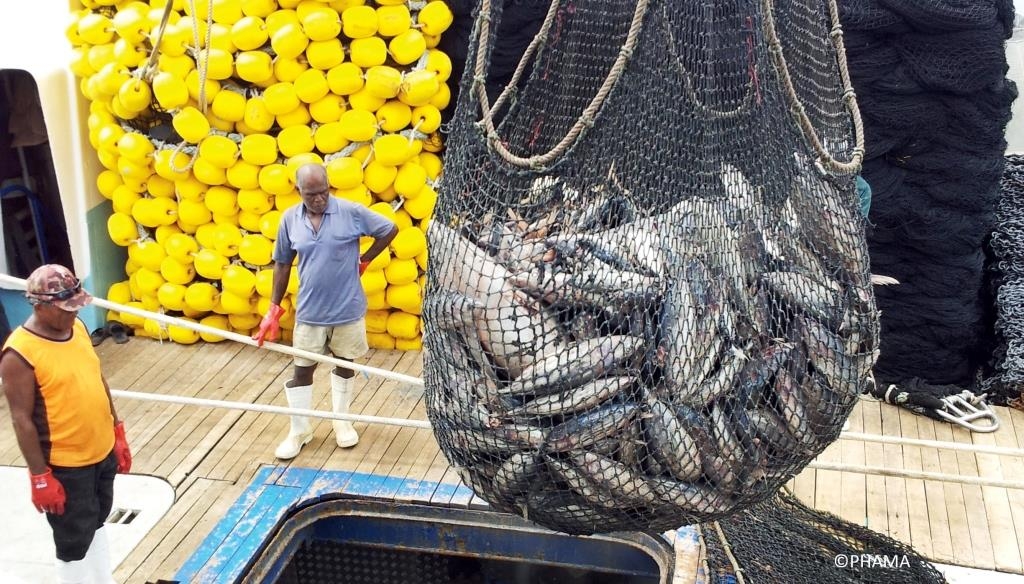
The project aimed to develop the capacity of the National Public Health Laboratory to conduct microbiological testing on water and food products in compliance with international standards, so that testing results are accepted by trading partners and fish exports can continue uninterrupted.
The Solomon Islands, a least developed country, is one of the poorest nations in the Pacific, mainly due to internal ethnic conflict between 1999 and 2003. However, recovery has been made possible in large part through international trade. The national economy is based on agriculture and fisheries. The fish industry employs about 1,800 people (60% women) and contributes substantially to the national economy. Processed fish, mainly canned tuna and cooked tuna loins, is among the top three export commodities.
Maintaining access to the EU (the largest destination market) and other international markets is a national priority. Substantial support has already been provided by the EU and Australia to establish the competent authority for food safety and the infrastructure for diagnostic testing. However, additional assistance is needed to enable the national laboratory to conduct microbiological testing in line with international standards.
The project aimed to enhance the country's testing capacity by:
- Strengthening the NPHL's capacity to conduct microbiological testing in compliance with international standards.
- Enhancing the NPHL's capacity to monitor and evaluate contamination risks associated with water and food for the domestic population.
While progress was made, challenges related to staff turnover, procurement and low volumes of samples persisted. These challenges were compounded by the COVID-19 pandemic as laboratory staff were unable to attend training that was planned to take place overseas.
The NPHL is now well positioned to achieve accreditation, provided that the government and international partners allocate resources and attention to some key outstanding areas.
Strengthened capacity of the National Public Health Laboratory (NPHL) to conduct microbiological testing in compliance with international standards
- Several initiatives were undertaken to improve laboratory operations and compliance with the ISO 17025 standard as part of an ongoing effort to obtain ISO 17025 accreditation. Practical guidebooks, including the "Beginner’s Guide to Microbiology", a quality manual and 25 supporting handbooks, methods and checklists were produced to guide day-to-day work in the lab.
Greater capacity to monitor and evaluate contamination risks associated with water and food for the domestic population
- Strengthening the laboratory's capacity for microbiological testing had spillover benefits for the domestic population. The new knowledge, systems and processes are being used to test water and food products, and monitor contaminants of public health concern, such as E.coli.
Online lab training
- Faced with the challenge of the global COVID-19 pandemic, project stakeholders innovated with online lab training and coaching sessions, one of the first of its kind in a hands-on scientific discipline such as microbiology.
Developing and maintaining adequate SPS infrastructure and resources – including laboratory testing services – is an ongoing challenge for small island developing states. Sustainability cannot be taken for granted. Limited availability of qualified staff is an important risk for operations, especially when there is staff turnover, and requires ongoing attention. The relatively low volume of samples for testing, and the financing model used, influences the ability to gain and maintain ISO 17025 accreditation.
Different funding options exist – from government funded, to government funded with commercial testing services, or a completely commercial service – each of which has different opportunities and challenges. Regardless of the option selected, operational, budgeting and procurement processes must be effective and able to adapt quickly to issues faced. Fees for testing services must reflect market rates, including in neighbouring countries, to ensure use by the private sector.
Online training offers great potential to complement and expand traditional lab capacity development and could be used more extensively to improve skills and coach lab staff working towards accreditation.